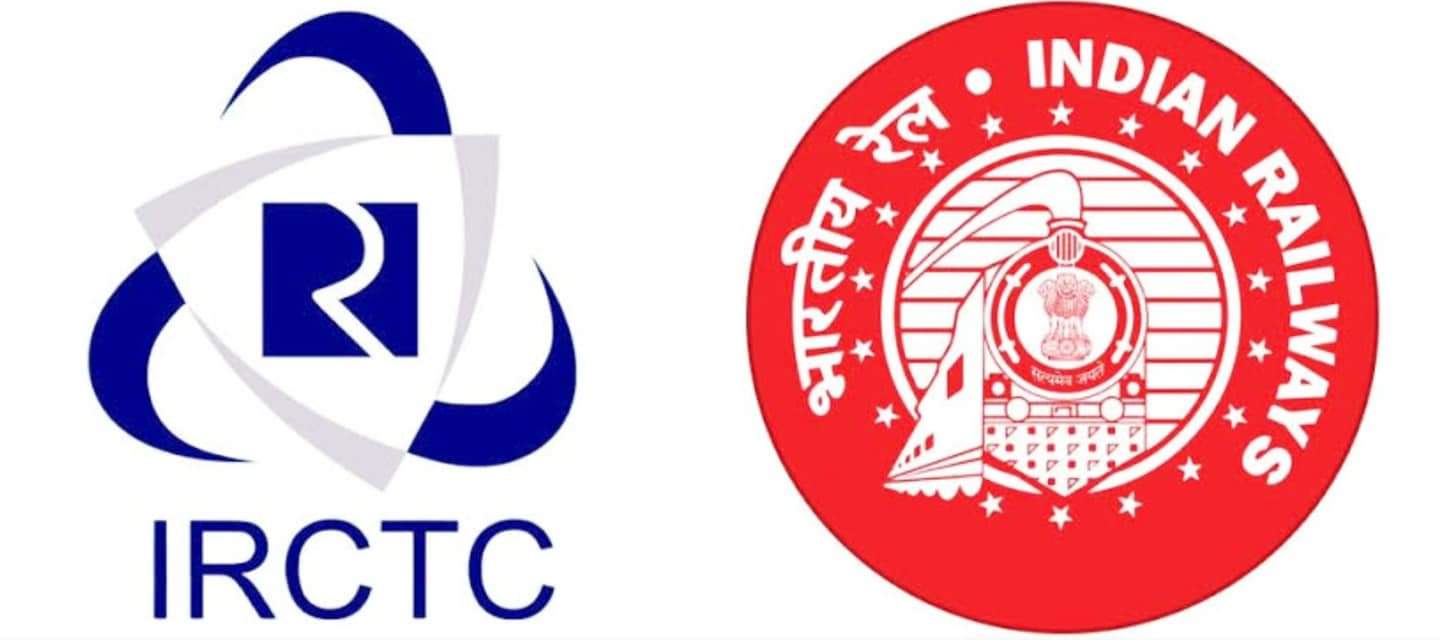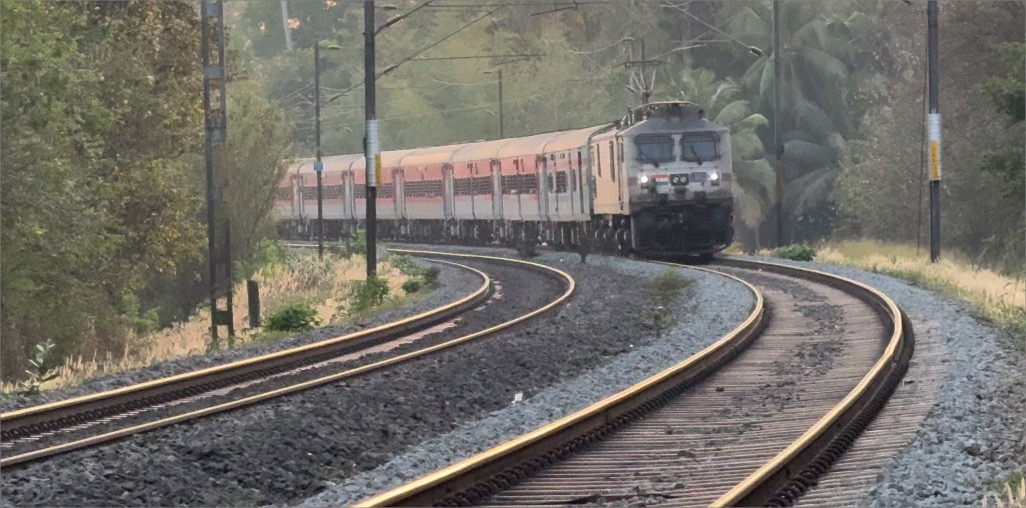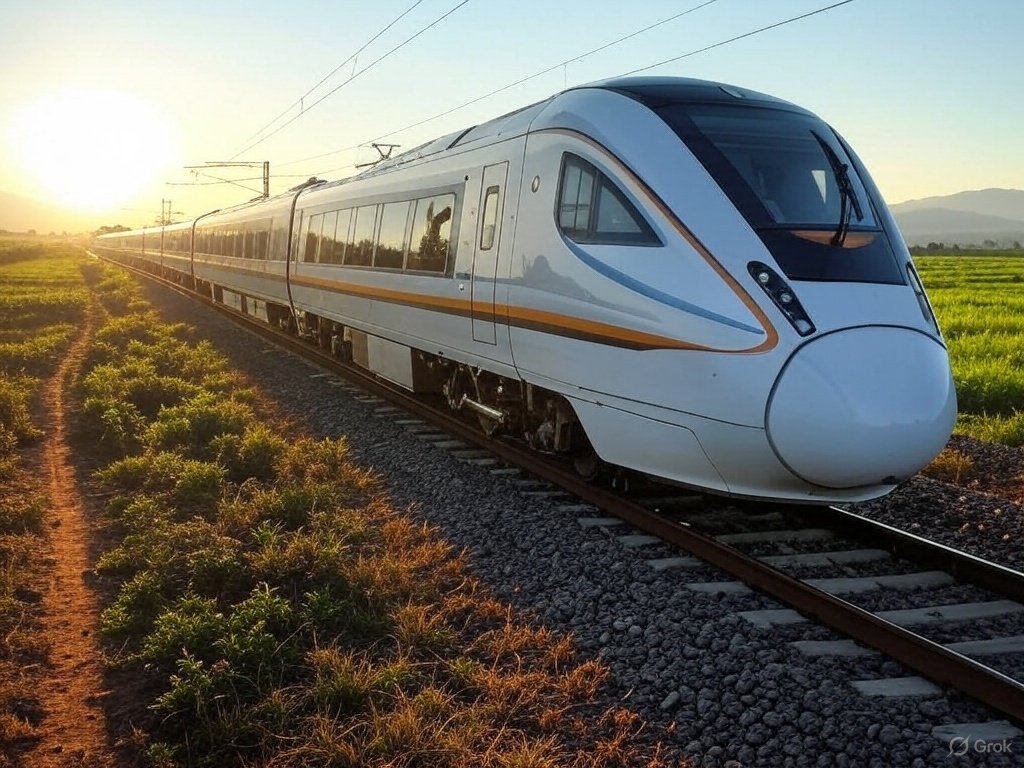Pioneering the Path: The Future of Railways in India
India, a nation renowned for its pulsating energy and colorful tapestry of cultures, is home to one of the world’s largest railway networks. With an increasing emphasis on infrastructure development and sustainability, the future of Indian Railways is laden with unprecedented growth and modernization.
In the aftermath of the 21st century, Indian Railways has become a critical component of India’s growth story, ferrying more than 23 million passengers and 3 million tonnes of freight daily. As the country moves into the future, the railway network is set to undergo a transformative shift, bolstered by advancements in technology, infrastructure, and sustainability initiatives.
At the heart of this transformation are high-speed rail (HSR) projects. Spearheading this development is the Mumbai-Ahmedabad High-Speed Rail project, a joint initiative between India and Japan. Once operational, it will drastically reduce travel time between the two cities to about two hours. This project signifies the dawn of a new era in the history of Indian Railways, with HSR potentially becoming a staple of intercity travel in the coming years. The Government of India plans to extend this network to other major cities, promising swift, efficient, and comfortable travel for millions of passengers.
Additionally, Indian Railways is tapping into the potential of renewable energy to achieve its sustainability goals. The ambitious project of electrification of railway lines is already underway, with the target to complete the electrification of the entire network by 2024. The Railways also aims to achieve net-zero carbon emissions by 2030, leveraging solar and wind energy and incorporating green building principles in its infrastructure.
Another noteworthy trend is the advent of private players in the railway sector. Recently, Indian Railways opened its doors to private investors for running passenger trains, marking a significant shift in the traditionally state-controlled sector. This move is expected to enhance the quality of services, foster competition, and generate substantial non-fare revenues.
Investments in advanced signaling systems, such as the European Train Control System (ETCS), are being prioritized. This system would enhance safety, increase line capacity, and boost average speeds. Further, Railways is progressing towards digitization, with initiatives such as e-ticketing, Real-time Train Information System (RTIS), and AI-based predictive maintenance becoming commonplace.
Moreover, the development of dedicated freight corridors is another major initiative by Indian Railways to revolutionize freight transport in the country. The Eastern and Western Dedicated Freight Corridors (DFCs), once operational, will streamline freight movement across the nation, promoting industrial growth and easing congestion on passenger lines.
Despite these impressive strides, there are significant challenges that Indian Railways need to address. Issues like land acquisition, slow project execution, financing, and regulatory hurdles need to be tackled systematically to harness the full potential of these transformative initiatives.
Also, in the wake of the COVID-19 pandemic, railways have had to reassess their strategies to deal with the new normal. Stricter health and safety protocols, touch-free services, and social distancing norms are likely to become permanent features of railway operations.
On a positive note, the pandemic has underscored the vital role of railways in India’s socio-economic fabric. The Indian Railways has gone beyond its call of duty, converting coaches into isolation wards, transporting essential goods across the nation, and even running ‘Shramik Special’ trains for stranded migrant workers during the lockdown.
The future of Indian Railways promises an exciting journey. With a sharp focus on modernization, sustainability, and increased efficiency, the Indian Railways is on track to become a world-class railway network that fulfills the aspirations of a rapidly growing nation. The journey won’t be without its challenges, but with robust planning and execution, the Indian Railways is ready to navigate the twists and turns of the future.
Indeed, the Indian Railways’ evolution is an embodiment of the country’s journey towards progress and development. As the train of time chugs ahead, Indian Railways is ready to propel India towards a future of limitless possibilities, affirming its role as the country’s lifeline and a vital cog in the wheel of its progress.
Image by Tuhin khamaru from Pixabay
Hey there! 😊 We run a small YouTube channel for Roads & Rails, and we'd love your support! Now the channel features daily Rail fanning videos.. Please Hit that subscribe button to help us stay inspired and create even more exciting content. Got questions, feedback, or ideas for collaboration? We’d love to hear from you! Drop us a message at mail@roadsandrails.org. Thanks for being part of our journey!









